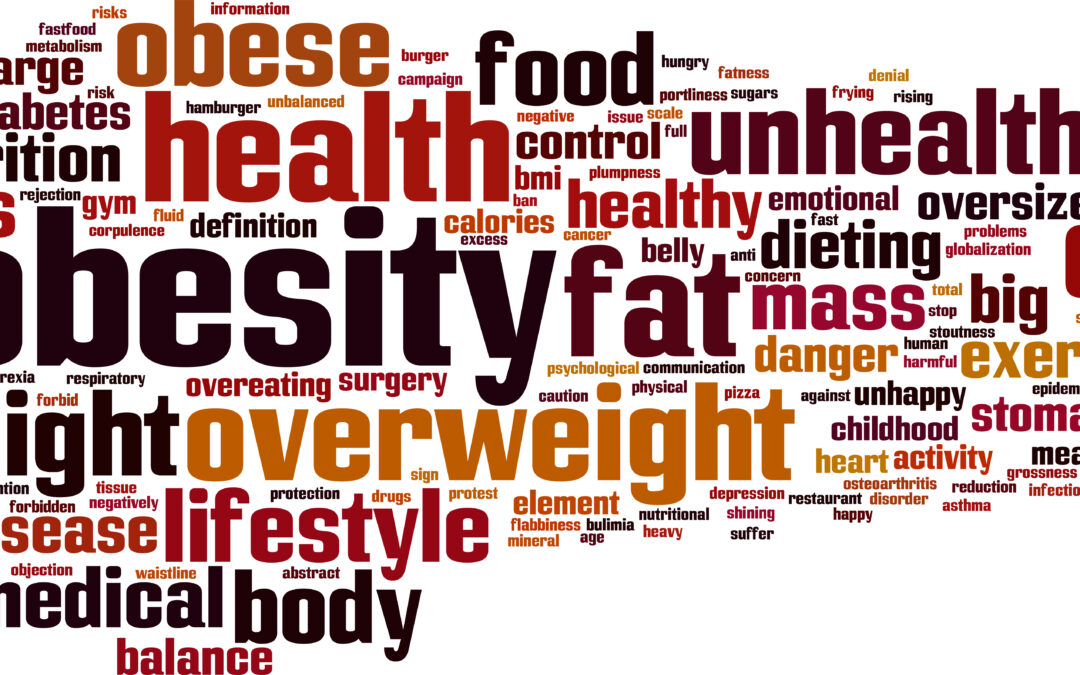Obesity and VA Disability Benefits
Obesity is a growing health concern for veterans. Currently, around 73% of veterans are overweight or obese according to data from the Veterans Health Administration. This is higher than the rate in the general adult population. Obesity puts veterans at increased risk for several medical conditions that can impact their quality of life and ability to work. The VA offers disability benefits for medical conditions related to obesity if the obesity occurred during active duty service.
Service Connection for Obesity
For a veteran to receive disability compensation from the VA for obesity, they must show that their obesity is directly connected to their time in military service. The VA will consider obesity a service-connected disability if it began or worsened while on active duty. Some ways this may occur include:
- Weight gain due to medications prescribed while in the military
- Overeating as a coping mechanism for service-related mental health conditions like PTSD or depression
- Lifestyle changes during deployment that promoted weight gain
- Inability to stay physically active due to service-related injuries
The VA looks for evidence that obesity did not exist prior to military service. They also look for treatment or complaints of weight gain while in service. Witness statements from fellow service members can help corroborate when weight gain occurred.
Secondary Conditions
Even if obesity itself is not determined to be service-connected, the VA will compensate for medical issues caused by obesity that relate to a service-connected condition. For example, a veteran with knee problems aggravated by excessive weight due to PTSD-related overeating would be eligible for compensation. Some common secondary conditions impacted by obesity include:
- Cardiovascular disease
- Type 2 diabetes
- Sleep apnea
- Joint pain and osteoarthritis
- Depression and anxiety
The key is to demonstrate that military service initiated the weight gain that then caused or worsened the secondary condition. The VA will require medical opinions connecting obesity to both the primary service-related condition and the secondary health issues.
Ratings and Benefits
There are no specific disability ratings for obesity itself. However, the VA will assign ratings and compensation levels based on the severity of secondary conditions. For example, a veteran with heart disease aggravated by obesity may receive a 60% rating if tests reveal significant cardiovascular impact.
In addition to monthly compensation, veterans with service-connected obesity may be eligible for other aid including home health care, nutritional counseling, gym memberships, mobility equipment, and weight loss surgery when medically appropriate. Establishing service connection for obesity and related conditions allows veterans to access these resources to improve health and quality of life.

